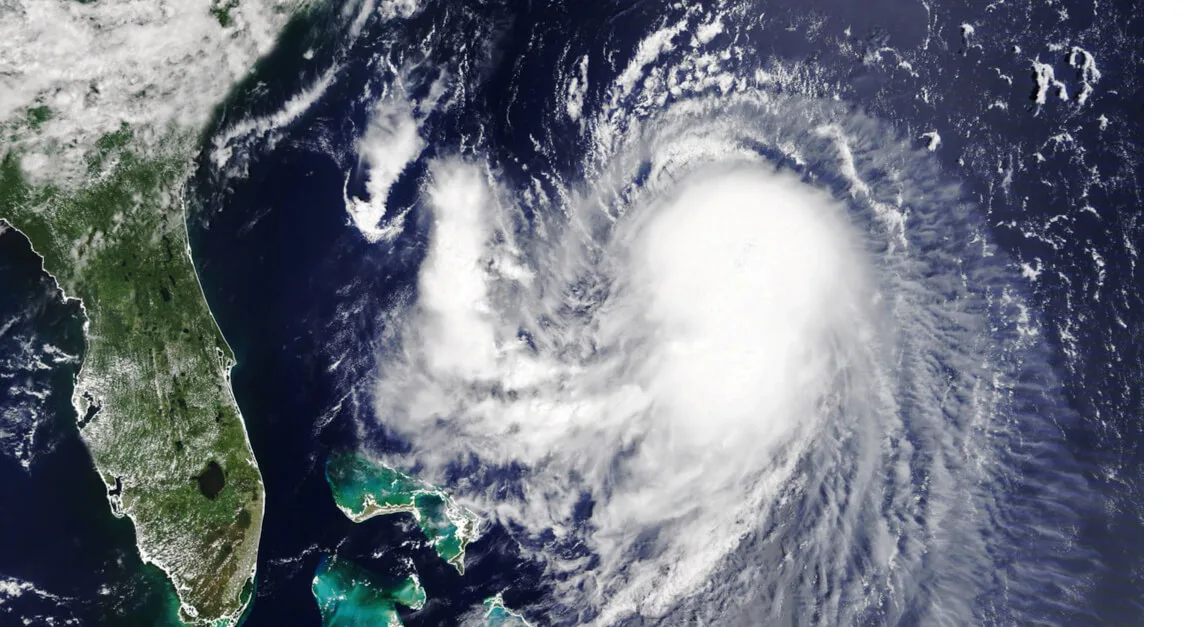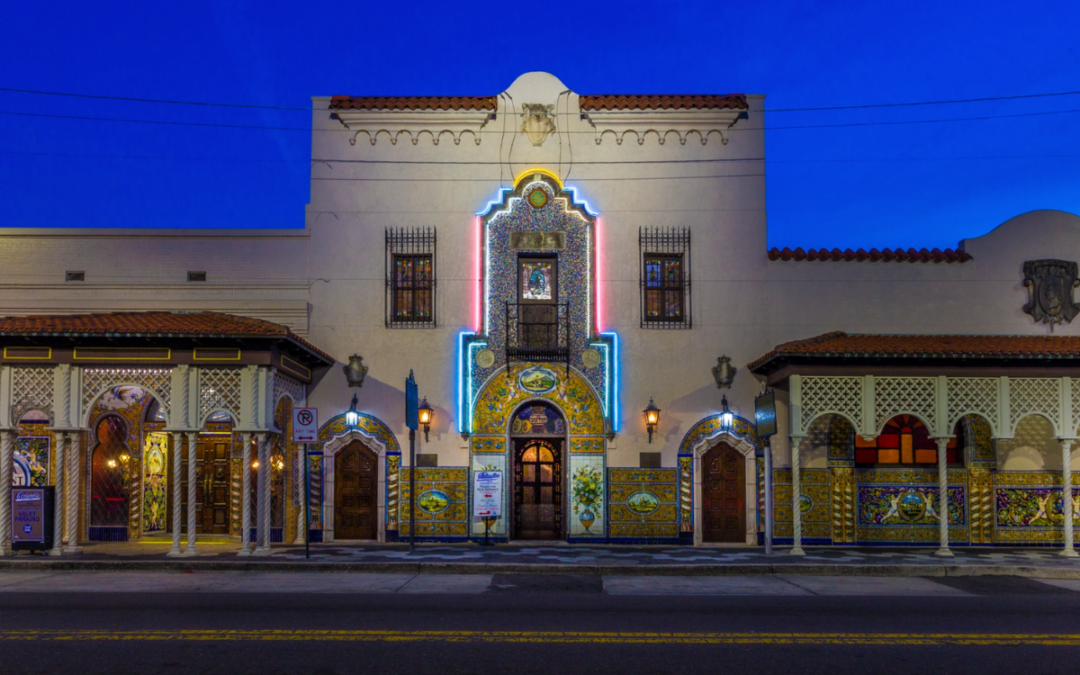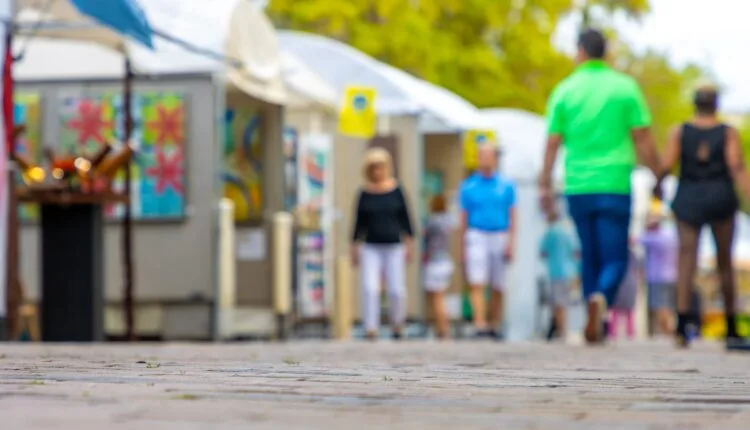
Residents of the Sunshine State are feeling the effects of global warming, and Latinos and Democrats are calling for action.
“Cuando calienta el sol, aquí en la playa…” ¿Qué Latino no recuerda esa hermosa canción? And yet, with the passing of time, those lyrics have become somewhat ominous for residents of the Sunshine State.
That’s because climate change is not some event far off in the future. Por el contrario, according to a report from Dream Corps Green for All in partnership with UnidosUS Action Fund, “wildfires, storms, droughts and heat waves are intensifying across the United States and the world.” And when it comes to climate change, Florida is considered ground zero.
“It’s not hyperbole to say that there is no other state that has more to lose over this issue than the state of Florida,” said Pepper Uchino, president of the Florida Beach and Shore Preservation Association.
It’s Affecting Us Now
Mostly surrounded by water, the state faces the brunt of coastal and inland flooding, extreme heat, and dangerous storms. The aptly named Sunshine State currently experiences an average of 25 dangerous heat days annually, and it is expected that by 2050 they will increase to 130 days each year.
Why is this so problematic? According to the report, “Latinos in agriculture make up 57% of farm laborers, graders, and sorters collectively, and in construction, Latinos represent 27% of the labor force.” This work takes place mostly outdoors, putting workers at risk not only from the extreme heat, but also leaving them exposed to environmental hazards, dangerous air pollution from wildfires, and more.
RELATED: Researchers Predict Above Average-Activity for the 2022 Atlantic Hurricane Season
And home may not offer a respite from the intensifying rays. Studies also show Latinos are 21% more likely than whites to live in urban areas, which can be up to 22 degrees Fahrenheit hotter than rural and suburban zones.
Added Financial Burden
At the same time, as sea levels continue to rise, an additional 1.1 million people will be at risk of losing their homes. And with hurricanes growing stronger and more dangerous because of warmer waters, Latinos are concerned for their physical safety, plus the rising cost of insurance and the expense of preparing their home for the major weather event.
In fact, one of the major concerns among Florida Latino voters is the impact that extreme heat is having on energy costs, “with 56% worried about not being able to afford the financial burden of increased energy consumption.”
RELATED: Climate Change Has ‘Irreversibly’ Impacted Florida’s Environment and Economy
All this doesn’t consider other effects of climate change that are equally troublesome for Latinos, like the quality of drinking water, as flooding can contaminate water with bacteria, viruses, and parasites. This water can also grow toxic algae blooms that can make people sick.
The Time to Act Is Now
Rep. Anna Eskamani, a Democrat who represents parts of Orange County in the House and has called out Republican Gov. Ron DeSantis and other GOP deniers for not saying the phrase “climate change,” hopes to achieve net zero carbon pollution emissions by 2050. For this reason, she has proposed to the state Office of Energy the development of a statewide plan for converting fully to clean energy by 2040.
Similarly, Rep Charlie Crist, who is running for governor in November, has promised to ensure clean water for all Floridians, as well as to implement the recommendations of the harmful algal bloom task force, and replace all urban septic tanks and connect them to central sewer systems, among other solutions.
The state Democrats’ efforts are reflective of what Latinos want on to see done on climate change. “Latino voters across the country and in Florida want to see their elected leaders take action to mitigate the climate crisis now,” said Rafael Collazo, executive director of UnidosUS Action Fund.
A message from Patagonia: Alaska may be far away, but the residents of Newtok face a threat familiar to many in Florida: water will erase their home. To keep their culture and community intact, the Yup’ik residents must relocate their entire village upriver while battling government inertia. This is a film about a village seeking justice in the face of climate disaster. You can watch the whole movie (for free!) here.
Politics

5 historic Florida restaurants you need to visit
If you’re hungry and a history buff, keep reading! Not only have these restaurants been around for decades, but their colorful stories alone are...

Video: Got student loans? Here’s why you should look into the SAVE Plan
Local News

5 historic Florida restaurants you need to visit
If you’re hungry and a history buff, keep reading! Not only have these restaurants been around for decades, but their colorful stories alone are...





